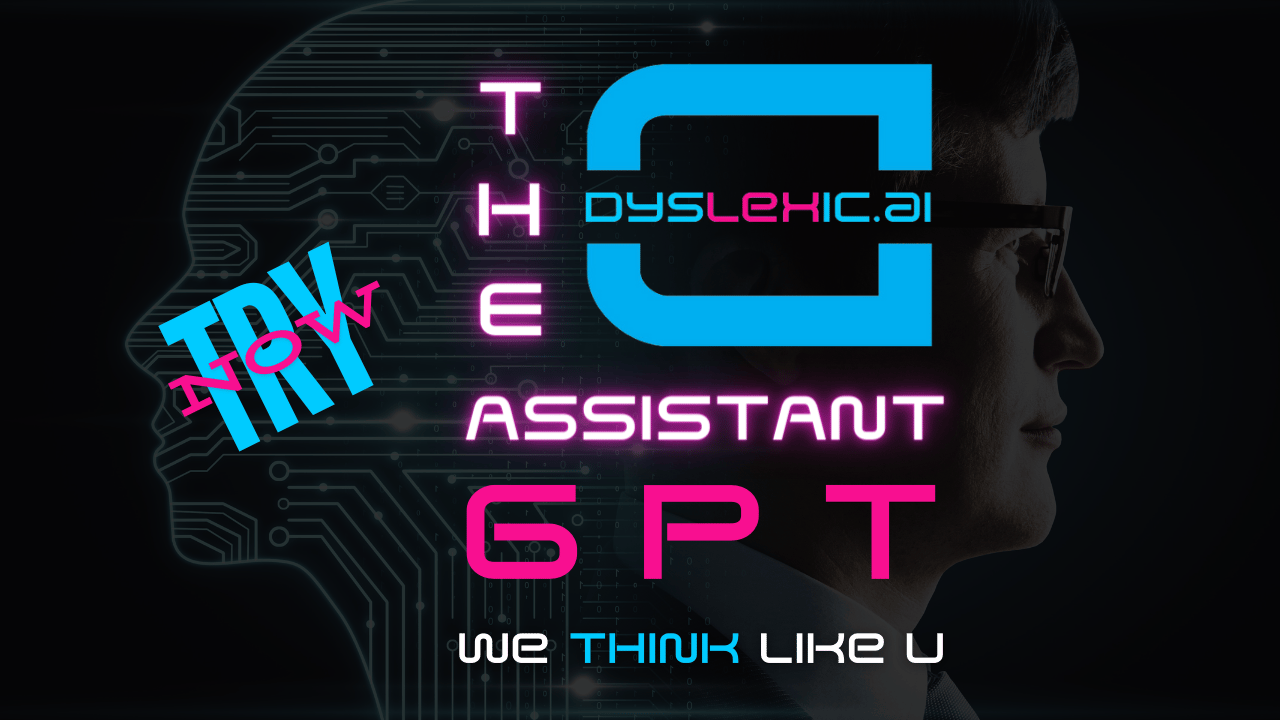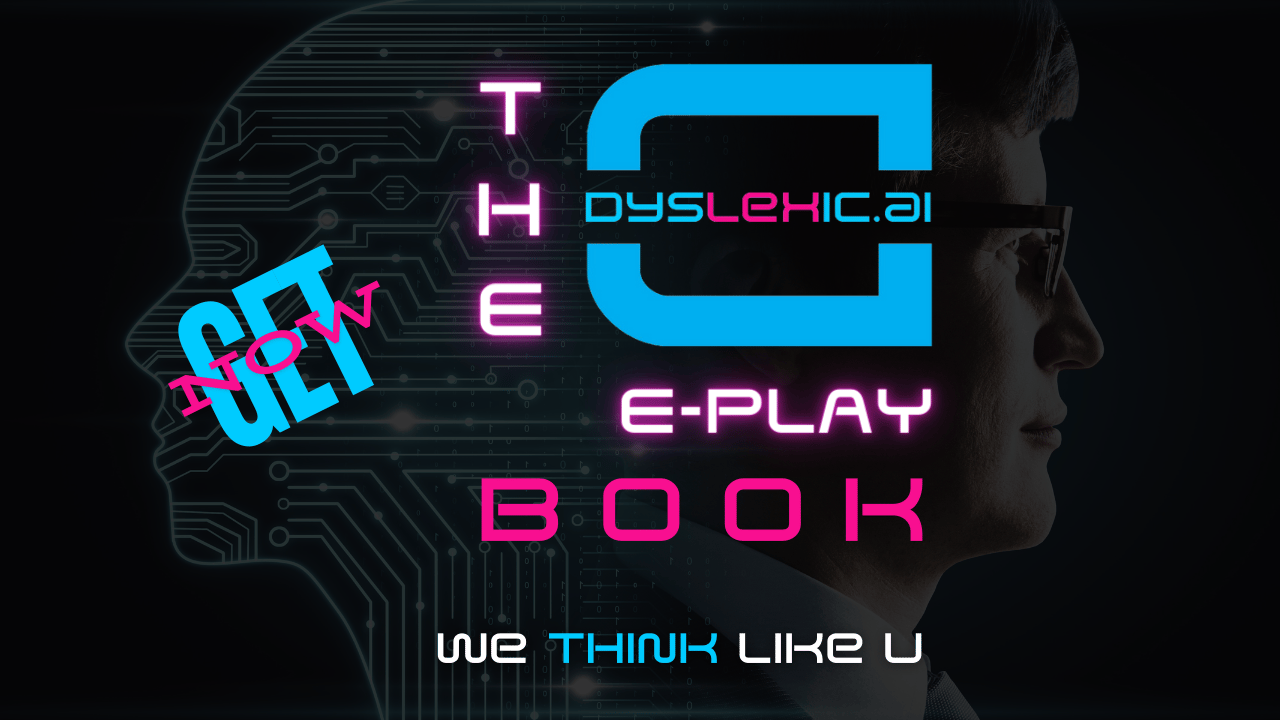- DYSLEXIC AI
- Posts
- Newsletter 295: Future Flash 008: The Personal Operating System
Newsletter 295: Future Flash 008: The Personal Operating System
🧠 How Your Cognitive File Becomes the Foundation of Everything

What You'll Learn Today
In this eighth article of our 12-part Future Flash series:
Why Windows, Mac, and iOS are becoming obsolete as the primary interface layer
How your Cognitive File could transform from a profile into a complete operating system
What cognitive systems running across all devices and platforms might look like
Why this would create the first truly personalized computing experience
How neurodivergent minds could finally get technology that works like our brains do
The shift from learning computer systems to computers learning your system
Reading Time: 10-12 minutes | Listening Time: 8-10 minutes if read aloud**
The Question We're Not Asking
We've been thinking about computer interfaces backwards for decades.
Every operating system forces us to learn their mental model. Windows with its desktop metaphor and file hierarchies. Mac with its application-centric design and spatial organization. iOS with its app grids and notification systems.
Each one assumes a particular way of organizing information, managing tasks, and switching between activities. We spend years learning to think like our computers think.
But what if computers learned to think like we think?
The question isn't how to make better universal interfaces. It's whether we need universal interfaces at all.
Beyond Universal Design
Traditional operating systems follow the principle of universal design. One interface that works reasonably well for the largest number of people.
This made sense when computers were expensive and shared. When technical limitations required standardized approaches. When personalization meant choosing from a few preset themes.
But those constraints no longer exist. We have computational power to spare. Personal devices that belong to individuals, not institutions. Machine learning that can adapt to individual patterns rather than forcing conformity to standard templates.
What becomes possible when your Cognitive File evolves from a profile into an operating system? When your individual mental architecture becomes the foundation for how all your technology operates?
The Logic of Cognitive Operating Systems
Consider how your mind actually organizes information and switches between different types of thinking.
You don't separate "research" and "creativity" and "communication" into distinct mental applications. When you're working on a complex project, all these capabilities flow together based on what you're trying to accomplish.
You don't organize memories into hierarchical folders. Your brain creates associative networks, connecting related ideas through patterns that make sense to your individual experience and cognitive style.
You don't manage your attention through calendar scheduling. Your mind has natural rhythms, energy patterns, and focus cycles that determine when different types of thinking work best.
A cognitive operating system would work the same way. Instead of forcing your thinking into computer categories, it would organize digital capabilities around how your mind naturally operates.
What This Means for Neurodivergent Minds
For those of us who think differently, this shift represents something profound.
Dyslexic minds that process information spatially and visually could have interfaces organized around connections and patterns rather than linear text hierarchies.
ADHD brains that work in energy bursts could have systems that adapt to attention cycles rather than rigid scheduling structures.
Autistic thinkers who prefer predictable patterns could have interfaces that maintain consistent logic while allowing for deep focus and systematic exploration.
Instead of spending cognitive energy adapting to systems designed for neurotypical processing patterns, we could finally have technology that enhances our natural thinking styles.
The Integration Challenge
Current computing requires constant context switching between different applications, each with its own interface logic and information organization.
Your calendar thinks about time differently than your email client. Your project management tool organizes tasks differently than your note-taking app. Your creative software assumes different mental models than your research tools.
A cognitive operating system wouldn't have these artificial boundaries. Information and capabilities would be organized around your intentions and cognitive patterns rather than software categories.
When you're working on something complex, all the capabilities you need would flow together seamlessly, adapting to how your mind naturally approaches that type of challenge.
The Learning System
The most powerful aspect of a cognitive operating system would be its ability to learn and evolve with you.
Instead of static interfaces that work the same way forever, the system would continuously adapt based on how you actually use it. Learning your patterns, preferences, and cognitive rhythms.
Over time, it would become increasingly attuned to how your individual mind works. Not just applying your current preferences, but anticipating your needs and suggesting approaches that align with your thinking style.
The boundary between your cognition and your digital tools would become increasingly fluid.
Cross-Platform Coherence
Perhaps the most significant advantage would be coherence across all your digital interactions.
Your phone, laptop, smart home devices, car interface, work systems - all operating according to the same cognitive logic. All understanding how your mind works and adapting accordingly.
No more adapting to different interface paradigms when you switch devices. No more learning separate applications for similar tasks. No more cognitive overhead from context switching between different technological languages.
One coherent digital experience that understands you and works the way you think.
The Technical Reality
This isn't science fiction. The underlying technologies already exist.
Natural language processing can understand your intentions and translate them into system actions. Machine learning can identify your cognitive patterns and optimize interfaces accordingly. Cloud computing can sync your cognitive preferences across all devices and platforms.
The components are available. What's missing is the conceptual shift from thinking about computers as separate tools to thinking about them as extensions of human cognition.
Building Blocks You Can Use Today
While waiting for full cognitive operating systems, you can start moving in this direction with current technology.
Begin consolidating your digital interactions around your cognitive preferences rather than application categories. Look for ways to organize capabilities around how your mind actually works instead of how software thinks it should work.
Practice describing your intentions and cognitive state to AI systems rather than just requesting specific outputs. Notice which digital interactions feel natural versus which feel forced.
Experiment with voice interfaces and conversational AI as primary interaction modes rather than secondary add-ons.
The Resistance to Change
Not everyone will welcome the shift from universal to personal operating systems.
Some people prefer standardized interfaces that work the same way for everyone. The predictability of knowing that any computer will operate according to familiar patterns.
Some organizations worry about supporting individualized systems rather than standard platforms. The complexity of managing diverse cognitive interfaces rather than uniform technological environments.
But the cognitive overhead of forcing diverse minds through standardized interfaces is unsustainable. The mental energy lost to interface adaptation prevents focus on work that actually requires human intelligence.
The Gradual Revolution
This transition will likely feel incremental until it suddenly feels transformative.
Smart home systems that learn your daily patterns and adapt automatically. AI assistants that maintain context across different interactions and devices. Personalized interfaces that adjust based on your usage patterns and preferences.
Each improvement feels modest. Together, they represent the foundation for computing that works the way human minds work rather than requiring human minds to work like computers.
The shift from managing computer systems to having computer systems that understand and support your cognitive patterns.
What Becomes Possible
When technology finally works according to individual cognitive patterns rather than universal design principles, new possibilities emerge.
Educational systems that adapt to each student's learning patterns rather than forcing conformity to standard approaches.
Workplace tools that accommodate different cognitive styles rather than requiring everyone to think the same way.
Creative platforms that enhance individual artistic vision rather than channeling everyone through identical processes.
Social interfaces that respect different communication preferences rather than assuming universal interaction patterns.
Technology becomes a genuine extension of human diversity rather than a force for cognitive conformity.
Keep Thinking Different
Your mind deserves technology that works the way you think, not technology that forces you to think like a machine.
The most powerful operating system would be the one that disappears completely into natural cognitive flow.
The future belongs to minds that can focus on ideas, insights, and creations because their technology finally understands how they operate.
— Matt Ivey, Founder · LM Lab AI
Part 8 of 12 in the "Predicting the Future with Neurodivergent Logic" Series
Connect with us:
Newsletter: [Subscribe for the full 12-part journey]
Cognitive System Experiments: [Share your personalized interface discoveries]
Research: [Read our findings on cognitive operating systems]
Community: [Join conversations about personal technology design]
Predictions Archive: [See all our "We called it first" moments]

TL;DR - Too Long; Didn't Read
For Fellow Skimmers: The Key Points
🧠 The Concept: Moving from universal operating systems (Windows, Mac, iOS) to personal cognitive systems that operate according to how individual brains work.
🎯 How It Could Work: Your Cognitive File becomes the foundation that runs all devices and platforms, organizing information and capabilities around your mental architecture.
💫 Why It Matters: Neurodivergent minds could finally get technology that enhances natural cognitive patterns instead of forcing adaptation to machine logic.
🌊 The Vision: Seamless integration across all digital interactions with interfaces that think like you think, eliminating the cognitive overhead of learning separate systems.
Next week: Part 9 - Socratic AI & Strategic AI: Different AI personalities for different types of thinking and support
|
|
|





Reply